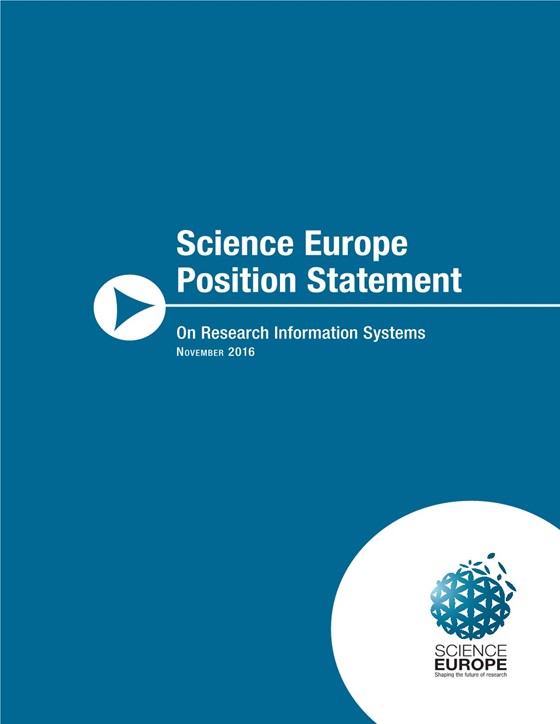Member-only content is available on this page. Please log in to view this content.
10.11.2016
- Download
-
Share on
Position Statement on Research Information Systems
Science Europe is working to enhance the interoperability of research information systems. This publication sets out common principles to guide their development.
Download resource




